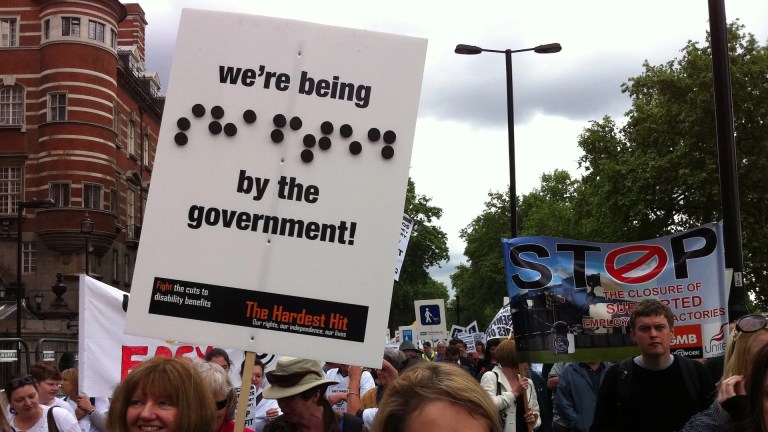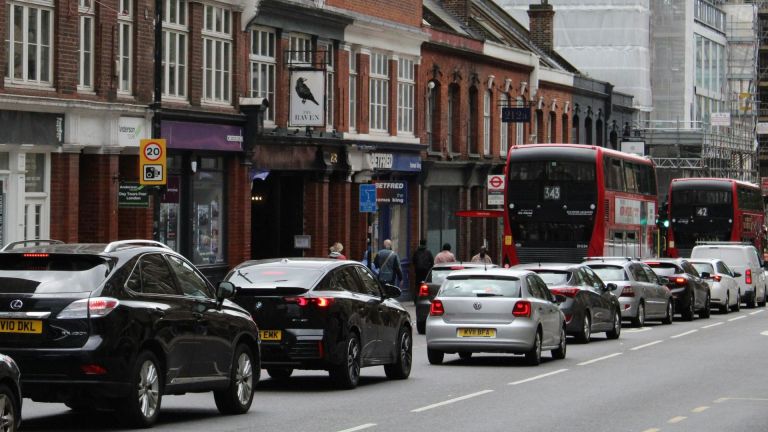Adverts which feature ‘harmful gender stereotypes’ or which could cause ‘widespread offence’ have been banned.
The new regulations mean advertisers must move away from ideas like a man unable to change a nappy or a woman unable to park a car.
The Advertising Standards Agency (ASA) gave firms six months to prepare for the new rules. The changes have now come into force.
Other banned scenarios flagged up by the watchdog include a man with his feet up while a woman cleans. ASA will block adverts which belittle men for carrying out stereotypically ‘female’ tasks.
We know from our work the harm that deep-rooted sexist attitudes can cause.
However the ASA changes will not stop advertisements showing women shopping, men doing DIY or ‘attractive’ people promoting lifestyle products.
Adverts which use gender stereotypes to challenge their negative effects will also not be blocked.










